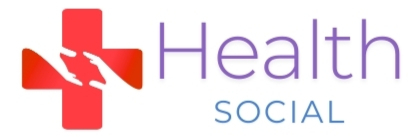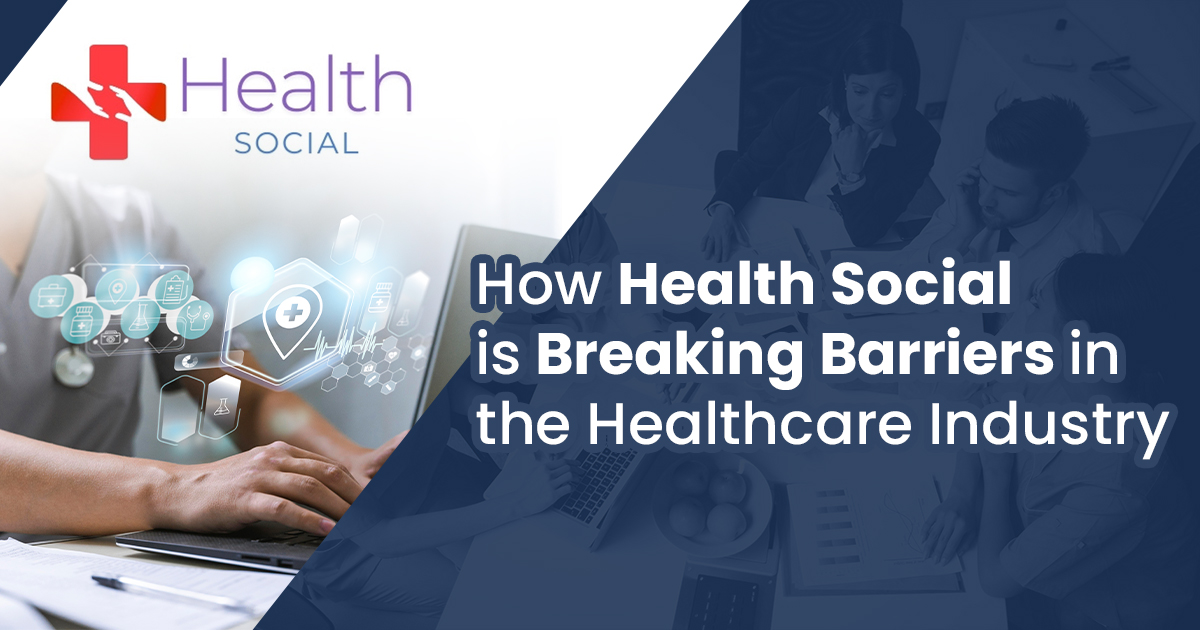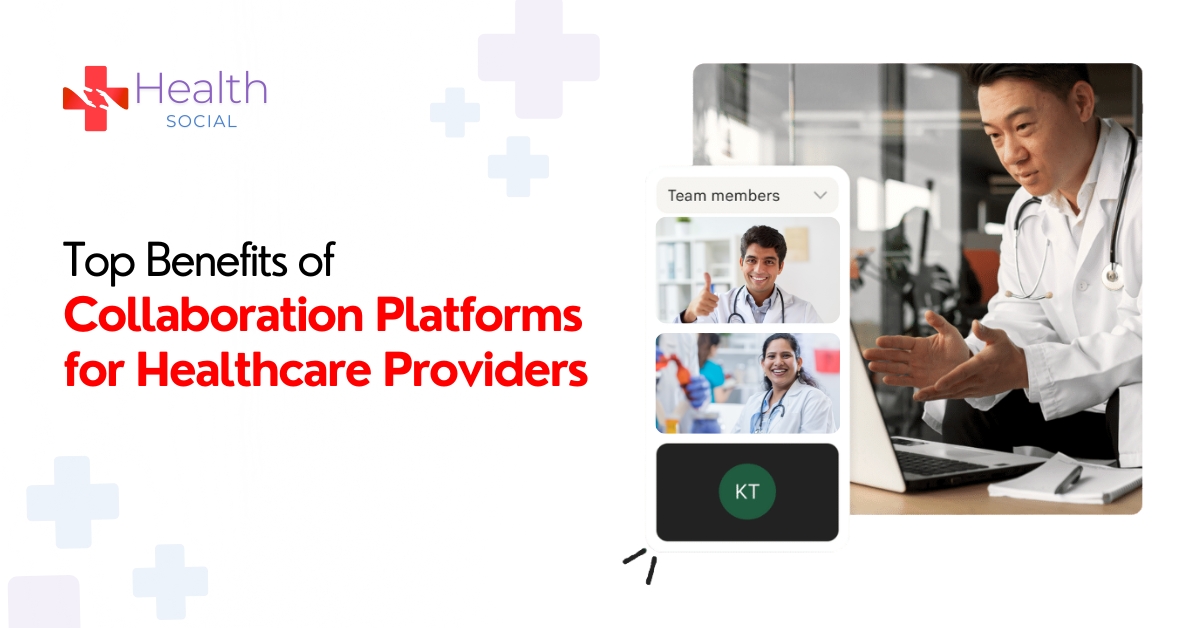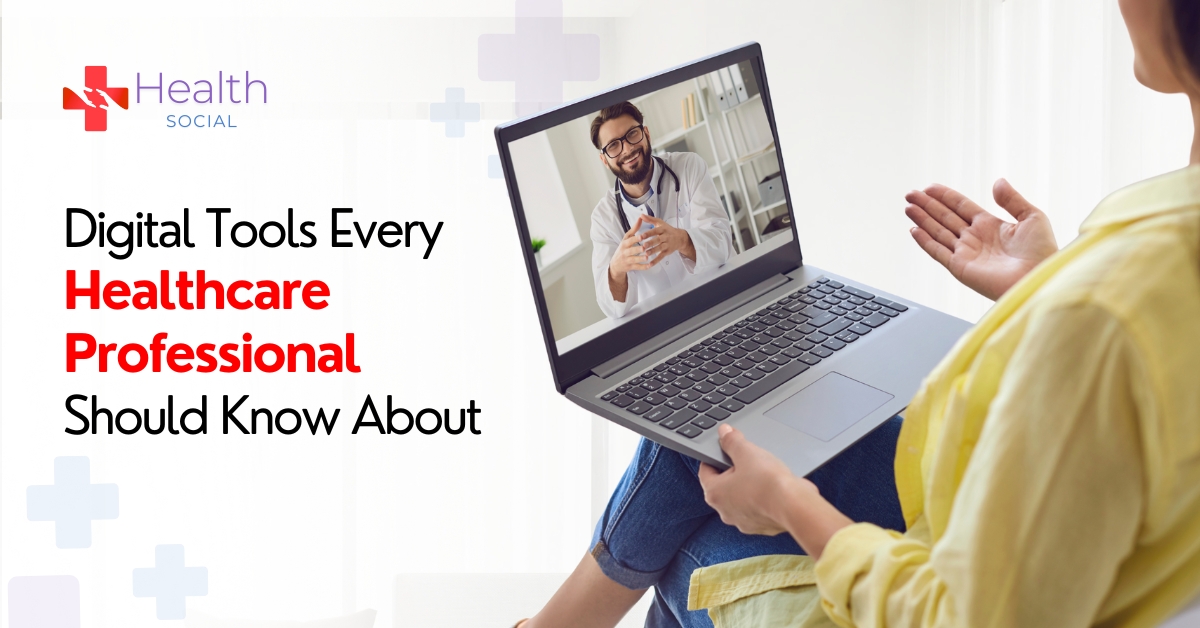The healthcare industry has seen significant transformations in recent years, largely driven by technological advancements and the growing role of social platforms. One of the most exciting changes is the rise of “health social” – a combination of health-related social networks, online communities, and digital health platforms that are breaking barriers in the healthcare system. In this blog, we will explore how health social is making healthcare more accessible, inclusive, and effective for everyone.
What is Health Social?
Health social refers to the use of social media, digital platforms, and online networks to improve healthcare. It’s not just about sharing personal health stories on Facebook or Instagram. Health social includes everything from online patient communities, digital health tools, telemedicine, to forums where people can discuss their health challenges and solutions. These platforms provide patients, healthcare professionals, and communities with the ability to collaborate, share information, and access resources that were once difficult to find.
Breaking Barriers in Healthcare Access
One of the most important ways health social is transforming the healthcare industry is by breaking down traditional barriers to healthcare access.
In many regions, especially rural or underserved areas, individuals often face difficulties accessing healthcare services due to distance, cost, or lack of available professionals. This is where telemedicine and online health networks come into play. By connecting patients and healthcare providers remotely, telemedicine has made healthcare services more accessible to people who may have otherwise had limited or no access.
Online health communities are also playing a huge role. These platforms allow individuals to connect with others who may be facing similar health challenges. From mental health support groups to chronic illness forums, health social networks give people a sense of belonging and support, no matter where they live. By eliminating geographical boundaries, health social networks provide opportunities for people to receive information and support that were once unavailable.
Social Media’s Role in Healthcare
Social media has become a central part of how individuals access health information. Platforms like Twitter, Facebook, Instagram, and LinkedIn are filled with discussions about health trends, patient stories, expert advice, and even medical breakthroughs. In addition to raising awareness about healthcare issues, social media helps bridge gaps in health literacy, making information more accessible and understandable for the general public.
Doctors, healthcare organizations, and health tech companies use social media to spread accurate health information, answer common health questions, and even offer virtual consultations. Social media also allows for quick updates and awareness about healthcare emergencies, vaccine campaigns, and new treatments. This ability to quickly disseminate information is particularly crucial during health crises, such as the COVID-19 pandemic, where timely and accurate information can make a big difference.
Health Social and Digital Health Transformation
The digital health transformation is another area where health social networks are making a huge impact. Digital health tools, such as health apps, wearable devices, and patient portals, have changed the way people manage their health. These tools not only help individuals track their health data (like steps, calories burned, or blood pressure) but also enable them to interact with healthcare providers in new ways.
By incorporating social elements, such as chat features, health forums, and community support, these digital health tools go beyond simply collecting data. They foster communication between patients, doctors, and health experts. For example, people can now share their health data with their doctors in real time, allowing for better, more informed decisions. This leads to improved patient outcomes and a more personalized approach to healthcare.
Another significant development in the digital health space is the ability for individuals to consult with healthcare professionals remotely. Through platforms that offer virtual consultations, patients can connect with doctors, therapists, or specialists without leaving their homes. This convenience is especially valuable for people with mobility issues, those living in remote areas, or those with tight schedules.
Improving Health Equity with Health Social
Health equity is a critical issue in healthcare. Historically, many underserved and minority communities have faced significant challenges when it comes to accessing quality healthcare. Social determinants of health, such as socioeconomic status, education, and environment, have played a major role in these disparities.
Health social is helping to bridge this gap. By providing platforms for sharing health information and offering virtual healthcare options, these networks create opportunities for individuals from all walks of life to receive the care they need. Social media campaigns and online communities are helping raise awareness about health disparities and advocating for more inclusive healthcare policies.
For instance, initiatives that focus on improving healthcare in underrepresented communities or supporting marginalized groups are gaining traction through digital platforms. This helps ensure that healthcare isn’t just for those who can afford it or live in urban areas, but for everyone, no matter their background or location.
Empowering Patients Through Health Social
Patient empowerment is another area where health social networks are making a significant difference. By providing patients with access to information, resources, and communities, these networks help individuals take control of their own health.
Previously, patients often had limited access to information about their conditions or treatments. Today, through health social platforms, individuals can educate themselves, ask questions, and make informed decisions about their care. Furthermore, by engaging with online health communities, patients can find support and guidance from others who are going through similar health experiences. This sense of community can be incredibly uplifting and motivating, encouraging people to be more proactive about their health.
The Future of Health Social
As the healthcare industry continues to evolve, the role of health social will only grow stronger. The integration of new technologies, such as artificial intelligence (AI), virtual reality (VR), and machine learning, will further enhance the potential of health social networks. These technologies could improve patient care, expand virtual health services, and even create more personalized healthcare experiences.
In the near future, we can expect even more collaboration between healthcare professionals, patients, and technology. Health social platforms will become even more advanced, offering tailored content and services that address the unique needs of individuals.
Health social is revolutionizing the healthcare industry by breaking down barriers, improving accessibility, promoting health equity, and empowering patients. Whether it’s through digital health tools, online health communities, or social media platforms, health social is helping create a more connected and inclusive healthcare system. As these innovations continue to grow, we can look forward to a future where healthcare is more accessible and patient-centered than ever before.





